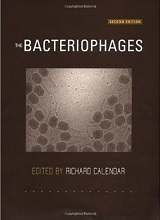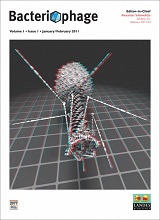

A somewhat outdated idea of evolution associated with some organisms that is driven primarily towards maximizing population growth rates rather than environmental carrying capacity.
The concept of r selection is a controversial one but nonetheless provides at least an intuitive illustration of how natural selection can differ qualitatively in its impact on populations. Specifically, the r of r selection refers to the rate of population growth as seen in the logistic growth curves.
On a spectrum, we can describe organisms as being better adapted to low population density/low competition conditions versus high population density conditions. An r selected species is one that is more fit given the "low" rather than "high" population density situation.
Indeed, such organisms can be viewed as pioneer or, indeed, weed species, which enter disturbed environments, replicate their populations to perhaps to high densities, and then subsequently are out competed by organisms that are better able to hold their own as environments become more mature and, indeed, more crowded with competitor species. Contrast with K selection.
The "ideal" of r selected species has the following characteristics: short generation times, production of abundant as well as cheap (inexpensive to produce) progeny, a high degree of mobility exhibited by those progeny (think, light-weight and highly mobile plant seeds), an ability to translate high resource availability into rapid population growth rates, biases in resource allocation towards reproduction rather than longer-term survival, and tendencies to thrive within environments that have been recently disturbed (e.g., as following a forest fire).
r selected species, in short, thrive by rapidly moving from place of disturbance to place of disturbance, though the concept is somewhat complicated by such things as seasonality where individuals, notwithstanding these tendencies, also have to survive harsh seasons such as winters to persist within environments (that is, allocate more resources to survival than one might otherwise anticipate). Though lots of fun to ponder, again it is important to realize that the concept of r selection is not one that is currently in favor among biologists.
For more on this topic, see Wikipedia and Google. Contact web master. Return to home.











